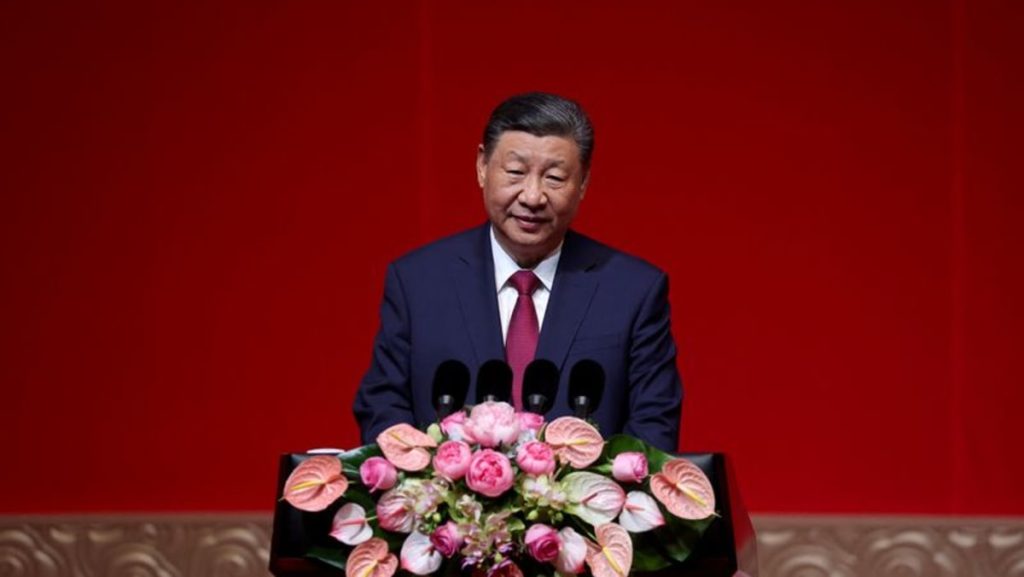The recent phone conversation between Chinese President Xi Jinping and European Council President Antonio Costa underscores the delicate balance China seeks to strike with the European Union, emphasizing the potential for cooperation while navigating existing tensions. Xi’s message, as reported by state broadcaster CCTV, highlights China’s desire for a “trustworthy partnership” with the EU, predicated on mutual respect, equal treatment, and sincere dialogue. This aspiration for enhanced cooperation comes at a time of increased complexity in the international arena, marked by trade disputes and geopolitical uncertainties.
Xi’s emphasis on strengthening strategic communication and enhancing mutual trust reflects the importance China places on its relationship with the EU. In a world grappling with multifaceted challenges, ranging from economic instability to climate change and regional conflicts, China sees the EU as a crucial partner in addressing these global issues. The call for increased dialogue and understanding suggests a recognition that cooperation is essential for both sides to navigate the turbulent global landscape effectively. This desire for stability and collaborative problem-solving underlies China’s outreach to the EU.
However, the backdrop of this diplomatic exchange is not without its challenges. Tensions remain between China and the EU, particularly concerning trade issues, notably the EU’s recently imposed tariffs on Chinese electric vehicles. This trade dispute, stemming from concerns over unfair competition and state subsidies, highlights the underlying economic friction that complicates the relationship. The EU’s move to protect its domestic industry clashes with China’s ambitions in the rapidly growing electric vehicle market, creating a point of contention that needs careful management to prevent further escalation.
Despite these existing tensions, Xi’s message emphasizes the potential for a mutually beneficial partnership. The phrase “achieve great things” suggests a belief that collaboration between China and the EU can yield significant outcomes, not only for their respective economies but also for global stability and progress. This optimistic outlook underscores the strategic importance China attaches to the relationship, viewing the EU as a key partner in addressing shared challenges and shaping the future international order.
China’s call for respect and equal treatment reflects its growing assertiveness on the global stage. The emphasis on these principles suggests a desire to be treated as a peer by the EU, moving beyond a relationship defined by historical power dynamics. This desire for a more balanced partnership reflects China’s increasing economic and political influence, and its ambition to play a more prominent role in shaping global governance.
Looking ahead, the future of the China-EU relationship remains uncertain. While both sides acknowledge the potential benefits of cooperation, navigating existing tensions, particularly in the trade arena, will require careful diplomacy and a willingness to compromise. The EU’s concerns about unfair trade practices and human rights issues will continue to be factors influencing the relationship. China’s response to these concerns, and its willingness to engage in constructive dialogue, will be crucial in determining whether the vision of a “trustworthy partnership” can be realized. The phone call between Xi and Costa serves as a starting point for further engagement, but the path to a truly robust and mutually beneficial relationship requires ongoing effort and a commitment to addressing the underlying challenges.

